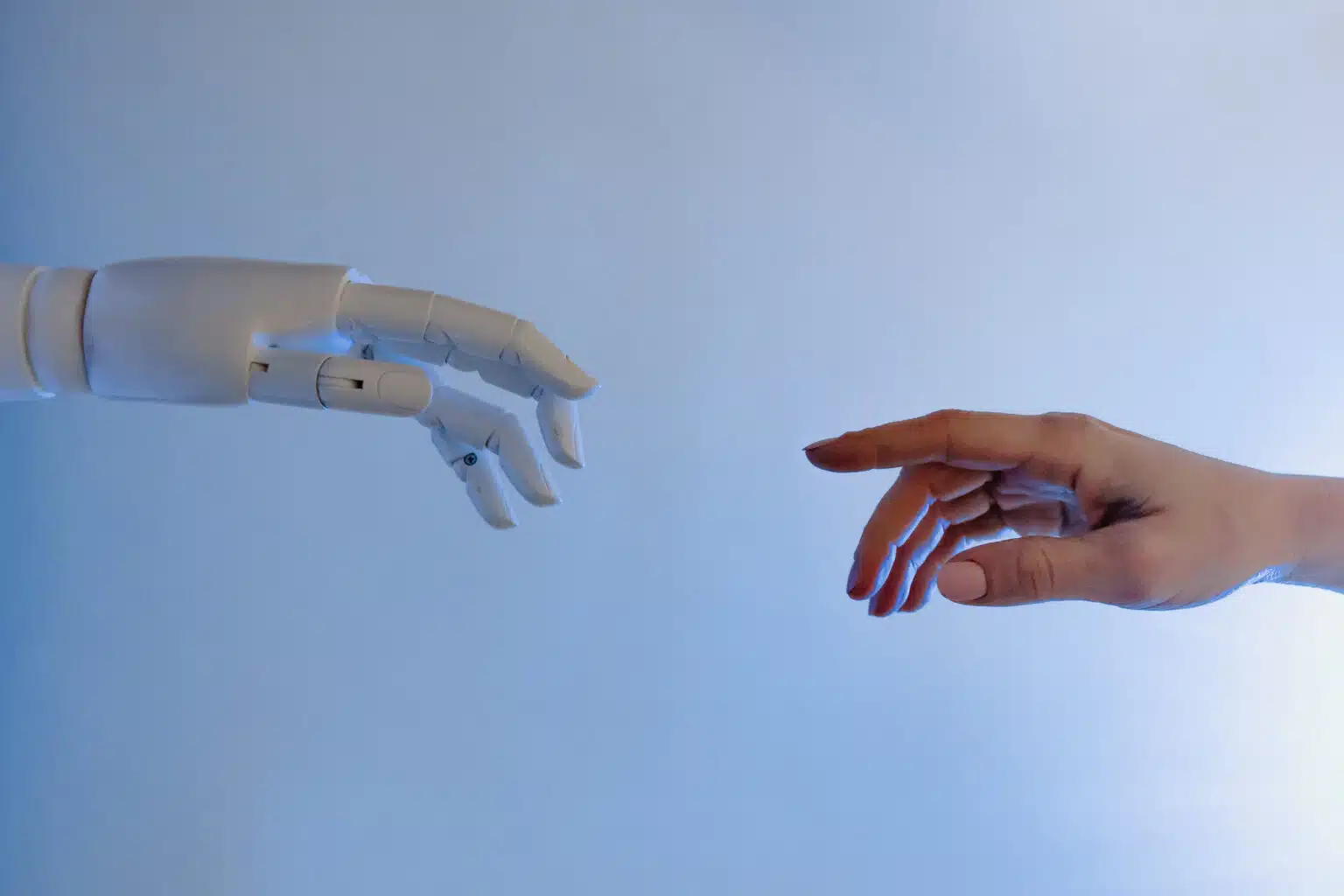Robot journalists are popular, but can they produce unbiased news in the face of artificial intelligence?

Artificial intelligence appears to be taking over the internet these days. Artificial intelligence has an impact on every industry, including journalism, and robot journalists are becoming popular. AI technology is critical because it allows the software to perform human capabilities such as understanding, reasoning, planning, communication, and perception more effectively, efficiently, and at a lower cost. The last few years have been thrilling for artificial intelligence. We used to think of AI as science fiction, but it is now an everyday part of life.
In automated journalism, also known as algorithmic journalism or robot journalism, computer programs create news stories. Because of emerging artificial intelligence technologies, stories are now generated automatically by computers rather than by human reporters, giving robot journalists increased importance. Human-readable data is analyzed, organized, and presented by robot journalists. Typically, in robot journalism, an AI algorithm examines massive amounts of given data, selects from a variety of pre-programmed article formats, organizes key points, and inserts information such as names, places, numbers, rankings, statistics, and so on.
In robot journalism, some data is converted into news reports written in human language using Natural Language Generation (NLG) methods. Robot journalism is frequently viewed as a way to free journalists from routine reporting and give them more time to work on more difficult projects. Robot journalists can provide greater efficiency and cost savings, alleviating some of the financial pressures that many news organizations face. Robot journalists, on the other hand, may pose a threat to the authorship and quality of news, as well as the livelihoods of human journalists.
Benefits of Robot Journalism:
Speed: As source data becomes available, a story can be produced almost instantly as a result of automation in the journalism industry. Robot journalists are programmed to generate massive amounts of data at a faster rate. According to the press, automation has more than tenfold increased the number of profit reports received from consumers. If regular articles and activities are automated, human journalists can devote more time to difficult tasks such as investigative reporting and in-depth analysis of events.

Cost: Because automated journalism generates more content in less time, it is less expensive. It also saves money on labor for news organizations. When human input is reduced, wages, salaries, paid time off, vacations, and employment insurance costs are reduced.
Error-free: It is claimed that robot journalists are less prone to flaws because they do not make mistakes such as misspellings or math errors. Or, to put it another way, their accuracy outperforms that of human journalists.
Robot Journalism’s Drawbacks:
Authorship: There is sometimes confusion about who should be credited as the author of an automated article. According to the findings of the study, some participants gave credit to the programmer, while others saw the news organization as the author, emphasizing the collaborative nature of the work. There is no way for a reader to tell whether an article was written by a robot or a human, which raises transparency concerns; however, similar issues arise when human authors assign authorship to one another.
Concerns about the perceived trustworthiness of automated news are comparable to general concerns about the credibility of news. There are now a plethora of algorithmic approaches for identifying machine-written articles in addition to human review. While some articles may still contain flaws that are visible to humans, these automated identifiers may occasionally outperform human-written articles.
One of the main concerns about robot journalists is job loss in the journalism industry. When publications rely on artificial intelligence, human journalists may suffer.

Can Robot Journalists Produce Unbiased News in the Face of AI?
Artificial intelligence has truly transformed the journalism industry. It has done a lot of good, but there is a chance that journalists will produce biased news against AI. But only time will tell.
Read More: Friday, December 9, 2022: Latest Cases and Death Tolls by Country for Coronavirus













